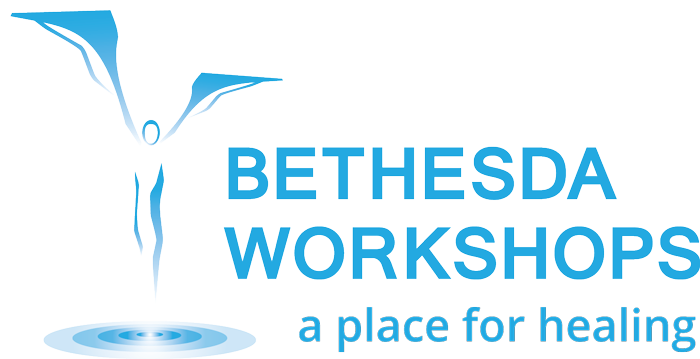Unfortunately, many Christian helpers are ill-equipped to address sexual addiction or to help partners of sex addicts. Standard approaches like cognitive-behavioral therapy and using scripture alone are rarely effective. In fact, uninformed Christian counseling often adds to the sufferer’s shame and makes the problem worse. Appropriate training is vital.
Most often – and most damaging – is the error of addressing only the sin component of sexual addiction. Sex addicts already know their behavior is wrong, and they’ve already prayed to be free. Motivating addicts through guilt never works long-term. Exhortations to “Just stop!” or “pray more” only add to the person’s shame. Shame, in turn, further fuels the addiction.
Helpful professionals understand that sexual addiction is a complicated issue. It is multi-faceted problem requiring a multi-faceted approach that covers all the components of this disease: physical, mental, emotional, and relational, as well as spiritual.
Next, untrained helpers often only focus on the specific acting out behavior(s) and ignore the deeper issues. Arresting behavior is the first treatment task, but it’s only the beginning. The sex or relationship addict must uncover, understand, and heal from the underlying issues that drive the behavior. A trauma-based approach (one that examines woundedness and false core beliefs) is essential.
Without adequate training, Christian helpers also often fail to identify co-existing conditions that complicate recovery. Most sex addicts and partners of addicts are depressed at some level. Many have an anxiety disorder or another behavioral or chemical addiction. Attention deficit disorder and eating disorder often are concurrent with the issue of sex addiction. These comorbid conditions often require medical attention in addition to psychotherapy. Although the Christian climate is changing, some pastors and clinicians still discourage the use of psychotropic medications.
These Christian helpers are also likely to be suspicious of a so-called secular 12 Step recovery group and discourage attendance. While a healthy faith-based support group is ideal, they aren’t widespread. And even if a Christian group (like Celebrate Recovery or a L.I.F.E. Group or similar program) is available, recovering people need meetings more frequently than once a week, which is the norm for faith-based groups. The Twelve Steps are firmly rooted in Scripture and active participation is vital for healthy progress in recovery.
Christian helpers also may discourage full disclosure. Instead, they advise “what she doesn’t know won’t hurt her” and thus let the addict avoid the painful necessity of telling the truth.
Too often, untrained pastors and counselors are especially off target in working with partners of sexual addicts. Standard marital therapy approaches don’t work and are often harmful. Sadly, partners are sometimes blamed for the addiction, are encouraged to continue enabling the addict in some way (like by being more sexual). Partners are often not encouraged to pursue personal healing, and are promised that if the addict gets help, everything will be fine in the relationship.
Finally, Christians often believe that someone must get help only from a Christian practitioner. We recommend that strugglers find the person who best understands sex addiction and helping partners of addicts, regardless of that helper’s religious beliefs. A responsible counselor respects a client’s faith and does nothing to alter it. Just as you’d seek the best cardiologist for a heart condition, sex addicts and partners need the best clinical help possible. They can turn to the church for spiritual guidance and comfort, but they need competent clinical help in order to recover.
